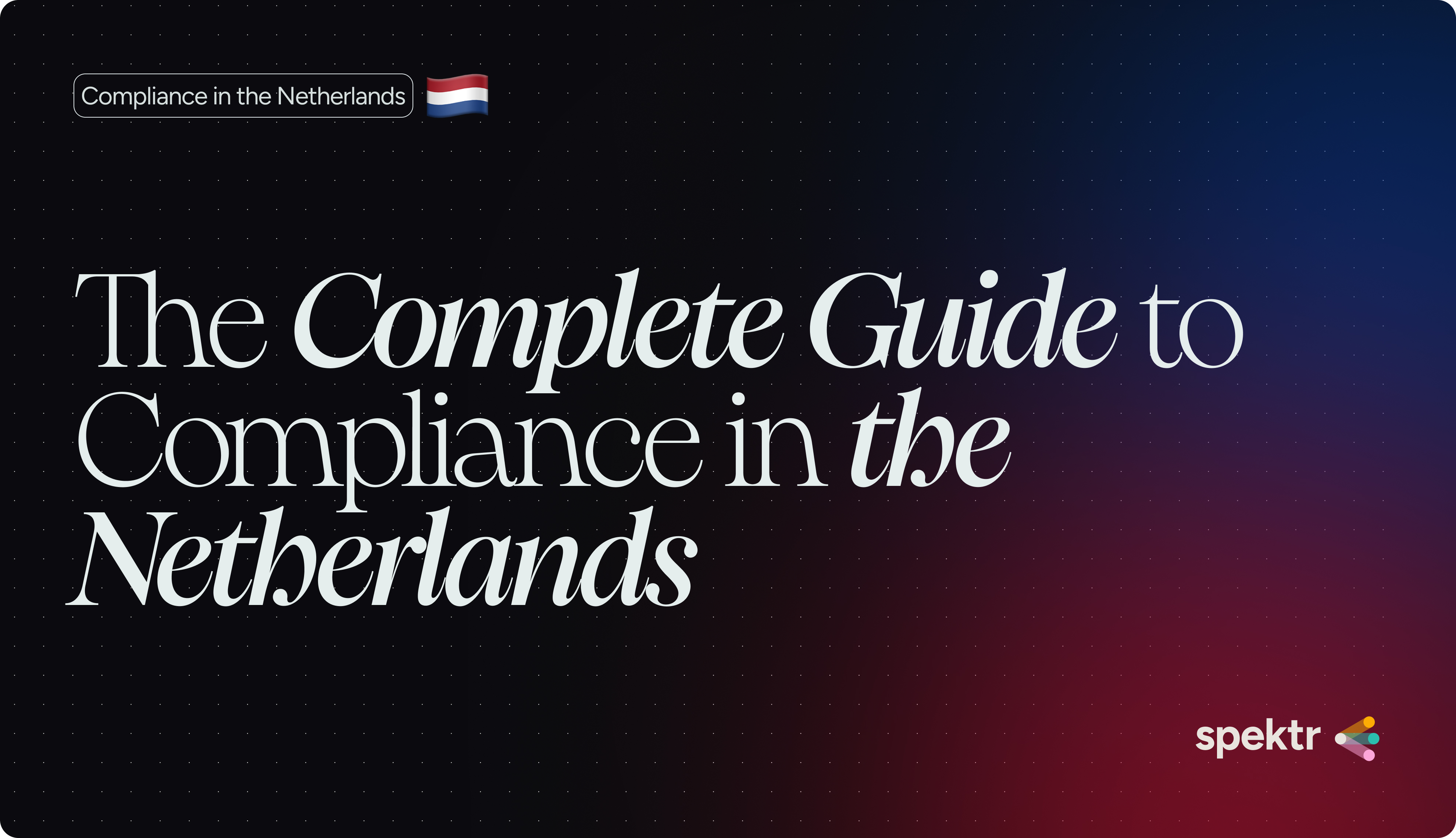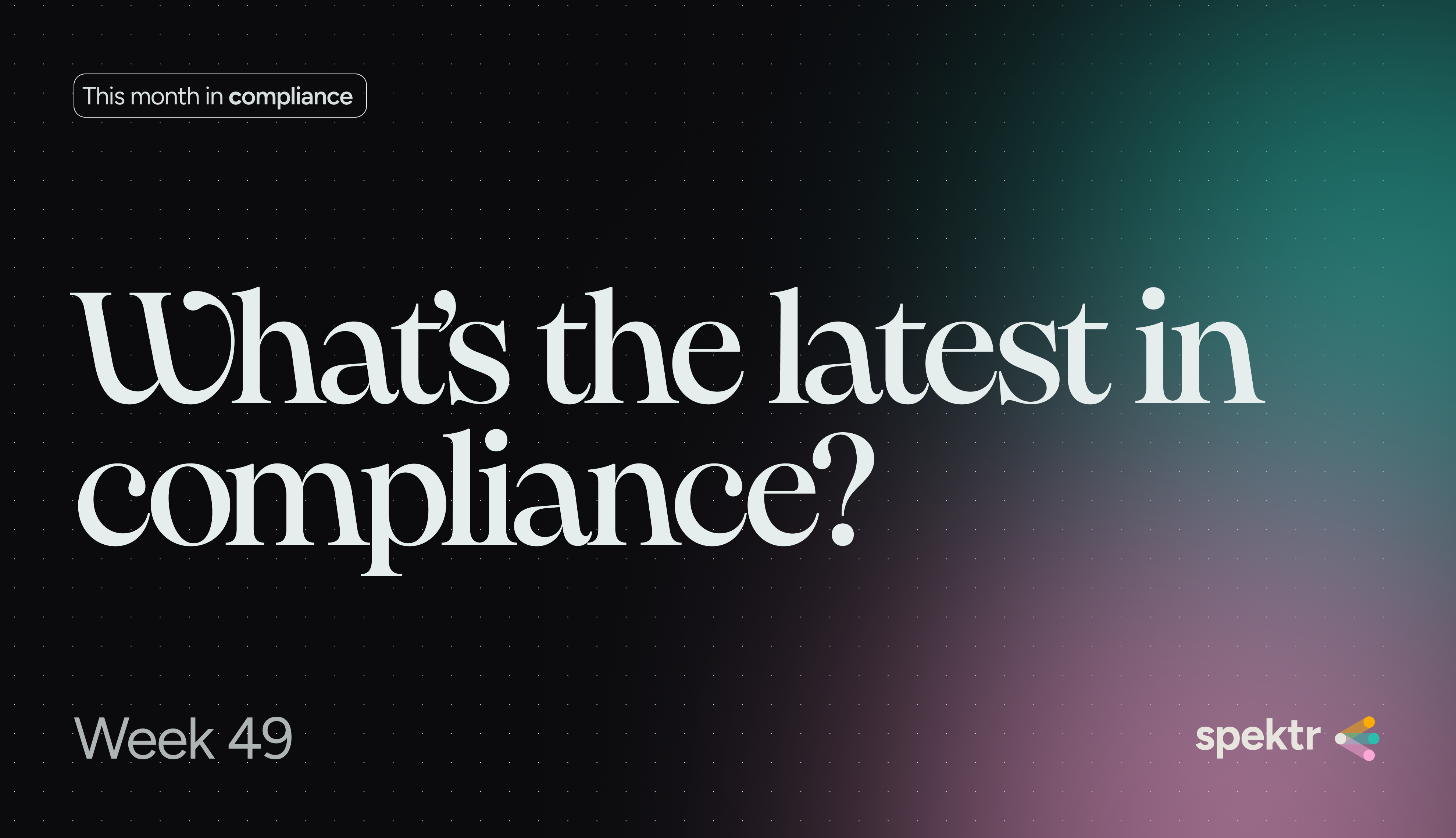How Barclays Could Have Avoided a £42m Fine With a 4-Minute AI Agent
Try the platform

Share the article
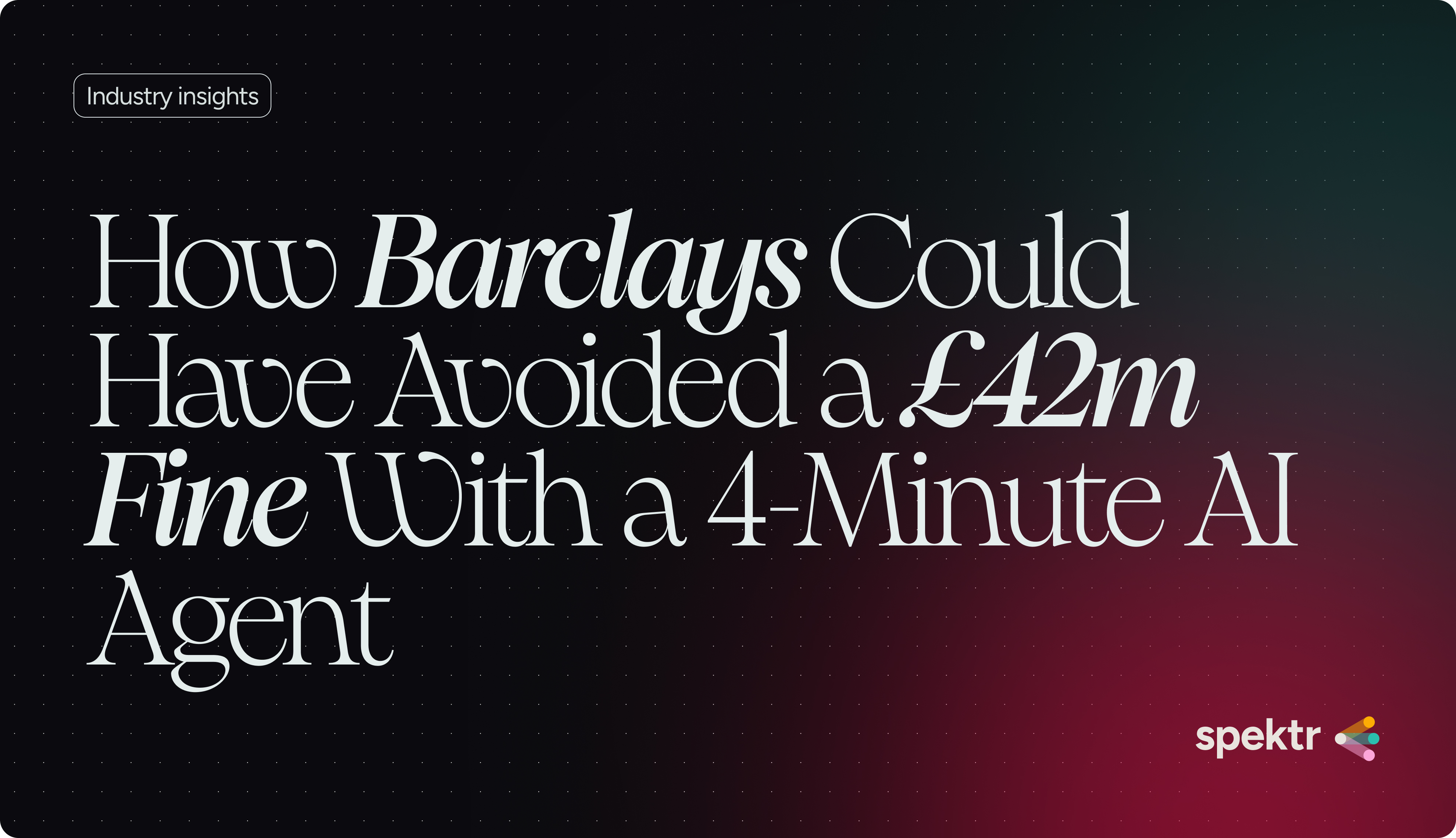
In September, the FCA fined Barclays £42 million for “serious and long-running failings” in its financial crime controls.
The case highlights a broader issue for the industry: static compliance processes struggle to keep up with dynamic risks.
- Barclays opened a client money account for WealthTek without checking the Financial Services Register. A quick lookup would have shown WealthTek wasn’t authorised to hold client money. That oversight ultimately enabled what the FCA called one of the “largest frauds we have ever investigated.”
- The bank also classified James Stunt’s firm as “low risk,” even after police raided its business partner Fowler Oldfield in a £46.8m money laundering case. Despite law-enforcement warnings, the risk rating didn’t shift until years later.
These aren’t unusual missteps. They reflect the limitations of traditional compliance frameworks: periodic reviews, static risk scoring, and a heavy reliance on manual checks. Financial crime moves faster than that.
The 4-Minute Fix: An AI Agent for Ongoing Risk
With spektr’s Agent Builder, it takes minutes to design a monitoring agent that adapts as new signals emerge.
Here’s what it looks like in practice:
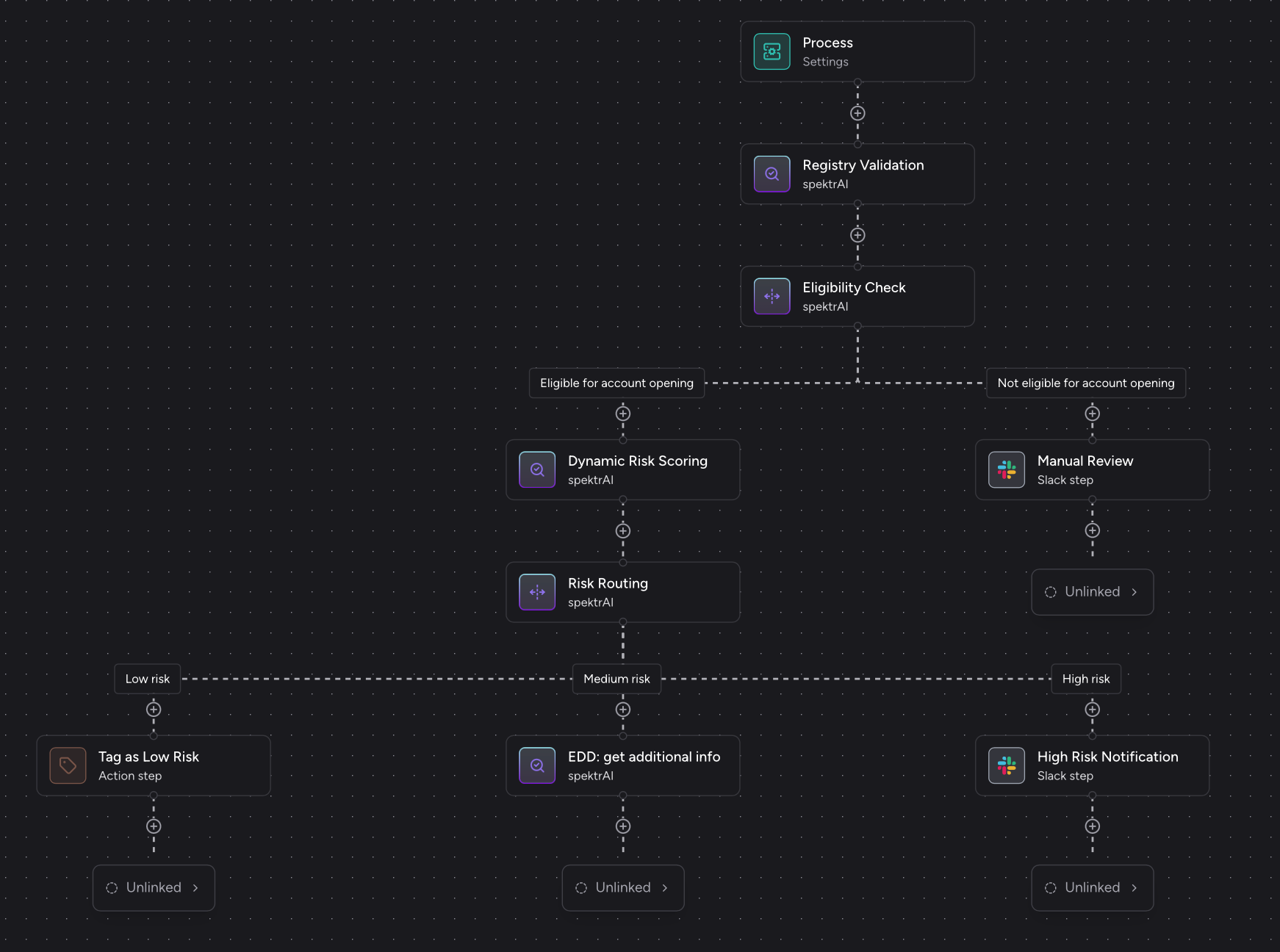
- Registry Validation
Check licensing automatically at onboarding and in ongoing monitoring. Block or escalate when permissions don’t align with services offered.

- Dynamic Risk Scoring
When events hit (like police raids, sanctions updates, or high-risk media reports) adjust risk ratings in real time. No more “low risk” labels that outlive the facts.
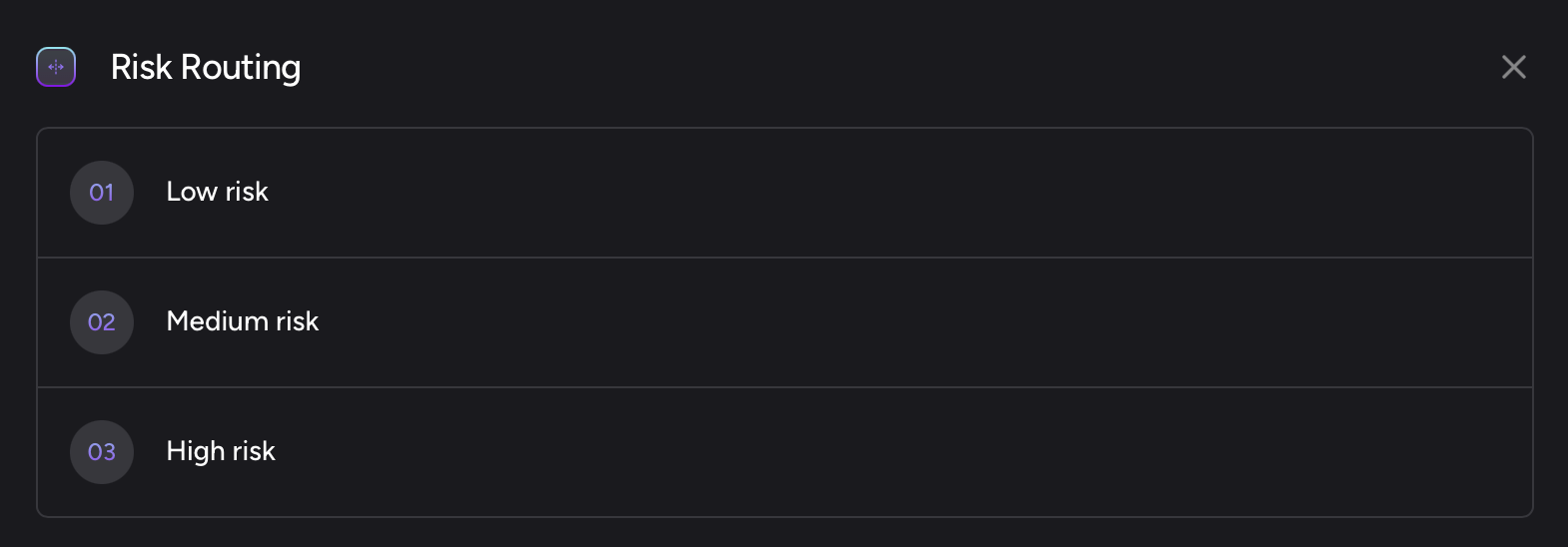
- Escalation by Design
Trigger enhanced due diligence automatically when a client is linked to adverse signals. Reviews happen immediately, not years after the fact.

Every action is logged for auditability. And unlike manual reviews, AI agents never switch off.
The Bigger Picture
The Barclays case is a reminder that regulators now expect continuous, adaptive monitoring across the customer lifecycle – not just at onboarding.
When that doesn’t happen, two things follow:
- Risk accumulates quietly over time.
- Warnings get lost between systems, reviews, and teams.
AI agents aren’t a silver bullet. But they give compliance teams a dynamic first line of defense, reducing the workload while strengthening resilience against evolving threats.
The £42m fine shows what’s at stake. The real challenge for the industry is ensuring that monitoring evolves as quickly as the risks it’s meant to catch.


